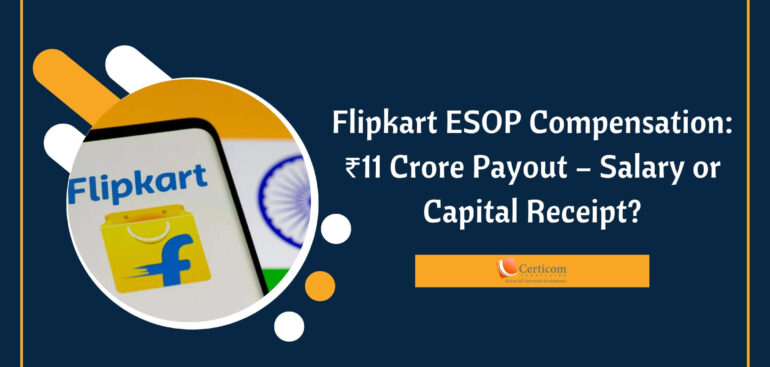Top 7 Income Tax Errors That Invite IT Notices

Filing your Income Tax Return (ITR) might seem like a routine task, but even small mistakes can raise red flags with the Income Tax Department. With increasing data integration and cross-verification tools like Form 26AS and AIS (Annual Information Statement), the department is better equipped than ever to identify mismatches and discrepancies. Here’s a look at seven common mistakes that taxpayers in India often make—mistakes that can potentially lead to scrutiny, notices, or even penalties.
1. Missing Out on Income Beyond Salary
One of the most frequent mistakes is failing to report all income sources. This includes not just your salary or business income, but also:
Interest from savings accounts or fixed deposits
Rental income
Capital gains (including exempt LTCG up to ₹1.25 lakh)
Dividend income.

Even tax-exempt income must be disclosed in your ITR. The IT Department compares your return against AIS and Form 26AS, so any omission may result in a notice.
2. Filing Under the Wrong Income Tax Category
Choosing the incorrect ITR form based on your income type or taxpayer status is a technical error that can invalidate your filing. If you file the wrong form, your return may be treated as defective under Section 139(9), requiring correction within a time limit. If not rectified, it may be considered as if no return was filed at all.
3. Ignoring Discrepancies in TDS Records
The TDS (Tax Deducted at Source) shown in your ITR must match exactly with what’s reflected in Form 26AS or Form 16/16A. If there’s even a small mismatch—due to clerical errors, wrong PAN, or misreported income—it can flag your return for review and result in delays or demands.
4. Failing to Declare Overseas Holdings
If you’re a Resident and Ordinarily Resident (ROR) in India, you’re obligated to report foreign bank accounts, shares, mutual funds, or real estate under Schedule FA of your ITR. Omitting this crucial detail—even unintentionally—can lead to severe consequences under the Black Money Act.
5. Claiming Deductions Without Proper Justification
Incorrect or exaggerated deduction claims—like fake rent receipts for HRA or unsupported 80C investments—can lead to your return being selected for scrutiny. Keep supporting documents ready for every deduction you claim, especially under Chapter VI-A sections like 80C, 80D, and 80G.
6. Engaging in Big Transactions Without Filing ITR
The Income Tax Department gets direct reports of your high-value financial activities (like large deposits, credit card payments, or big-ticket purchases) from banks and institutions via SFT filings. If you don’t file a return despite engaging in such transactions, you may receive a compliance notice asking for explanation.

7. Skipping the Return When You’re Supposed to File
Many people assume they don’t need to file ITR just because no tax is payable. But certain thresholds or activities mandate filing—like annual income above the basic exemption limit, TDS/TCS over ₹25,000, or foreign travel expenses above ₹2 lakh. Ignoring this rule may result in penalties or loss of refund and carry-forward benefits.
Read More: Resident’s Guide to Buying NRI Property in India
✅ Avoid Notices with Accurate Filing
Accuracy and completeness are key to smooth ITR processing. As compliance systems get tighter, make sure you’re reporting every detail truthfully. When in doubt, seek professional help to avoid missteps that could lead to notices, delays, or penalties.
Related Post
Top 7 Income Tax Errors That Invite IT Notices
Resident’s Guide to Buying NRI Property in India
Flipkart ESOP Compensation: ₹11 Crore Payout – Salary or Capital Receipt?
Book A One To One Consultation Now For FREE
How can we help? *










